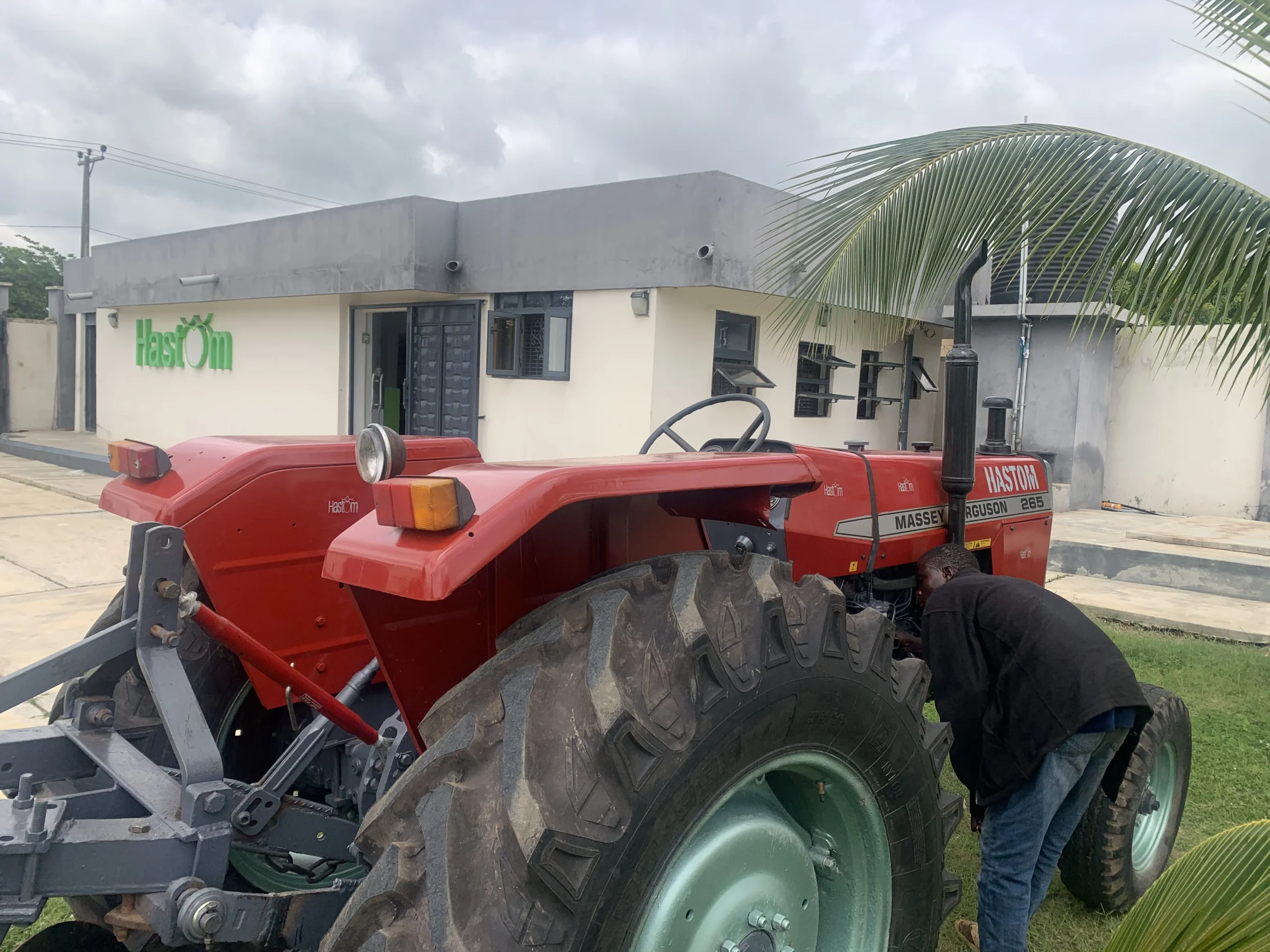Every economic boom creates two types of people: those who prepare and those who regret.
Right now, Nigeria is entering one of its biggest agricultural booms in decades. The government approved the 2025 agriculture budget, which is an increase from 2024 by over 500%. Global demand for crops like cashew and cocoa is soaring, and big investors are quietly investing in agribusiness.
Yet, most people rushing into this boom will lose money, not because agriculture doesn’t work, but because they’ll repeat the same mistakes others made in the past.
If you truly want to profit from this wave instead of becoming another cautionary tale, here are five costly mistakes to avoid at all costs.
Mistake 1: Reducing Agriculture to Farming Only
When most people hear “agriculture,” they think farming only—planting crops or raising livestock. But farming is just one part of a much larger system. Agriculture is an entire value chain, and opportunities exist at every stage.
Beyond farming, agriculture includes:
– Processing and value addition
– Aggregation and export
– Storage and distribution
– Logistics and supply chain
– Agri-tech and innovation
– Research & development
– Agri-real estate
Limiting your view of agriculture to farming alone means you’re ignoring high-value areas where major players are making real money.
Mistake 2: Investing in Agriculture Out of Hype
When fear of missing out (FOMO) drives your decision in Agriculture, you end up gambling, not investing.
Common FOMO mistakes include:
– Skipping proper research (DYOR)
– Believing all agricultural models work the same way
– Committing resources without clarity on risks, timelines, and returns
Before you invest a single naira, dig deeper: what is the business model? Understand location dynamics, evaluate the management system, and check if the model is truly scalable. In agriculture, strategy, not hype, separates winners from losers.
Mistake 3: Expecting Unrealistic Returns
Let’s set the record straight: Agriculture is not a get-rich-quick scheme.
If someone promises you 50% ROI in six months from crop or livestock farming, run. That’s not sustainable. Agriculture is profitable, yes—but it requires time, patience, and calculated risk.
Remember:
– Agriculture is considered high-risk because it depends on many variables (weather, disease, market fluctuations).
– The best approach is to think long term.
Mistake 4: Farming for Passion, Not Profit
Many people invest in crops or livestock they “love” without asking if it makes financial sense.
Examples of emotional farming mistakes:
– Choosing a crop because you like it, not because it’s profitable or suitable for your location.
– Treating farming like a hobby instead of a business.
– Ignoring sustainability and market demand.
Passion is good. It will keep you motivated. But in agriculture, numbers, not emotions should drive your decisions. Let passion guide you, but let numbers lead you.
Mistake 5: Partnering with the Inexperienced
In agriculture, inexperience is expensive. Too many investors trust people who sound convincing but have never managed a successful agribusiness, especially farming. What looks good on paper often fails on the field and you pay the price – in full.
Instead of gambling with trial and error, partner with:
– Operators with proven track records
– Structured, scalable systems that have delivered results
Agriculture rewards expertise, not enthusiasm. Don’t pay for someone else’s learning curve. Also, avoid the temptation to “figure it out yourself” if you don’t have the time, knowledge, or network. The cost of failure in agriculture can be huge.
The next wave of wealth is growing in the soil. Position yourself wisely, think long term and beyond just farming. Avoid these mistakes, treat agriculture like a business, and make sure you’re on the winning side.


